Woodley Optometry Blog
Learn more about optometrist care in our blog!
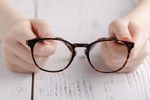
Choosing the right pair of glasses is about much more than just picking a frame you like. The best glasses support your vision, fit comfortably, match your lifestyle, and reflect your personal style.
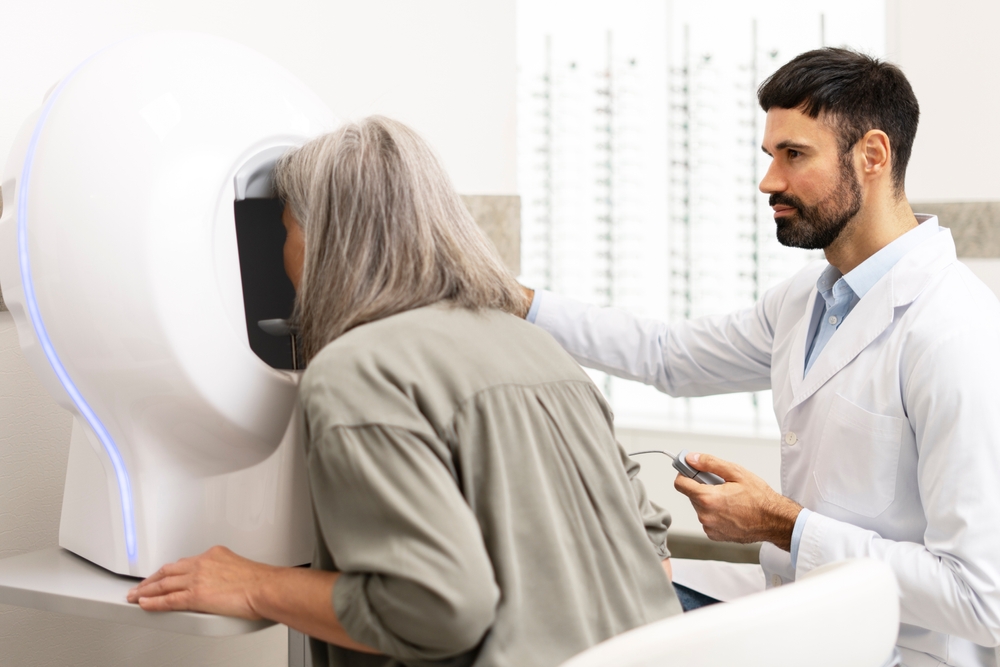
Many people schedule an eye exam only when their vision changes or they need a new prescription. However, a comprehensive eye exam does far more than check how well you see. Because the eyes are closely connected to the brain, blood vessels, and nervous system, they can reveal early signs of serious health conditions.
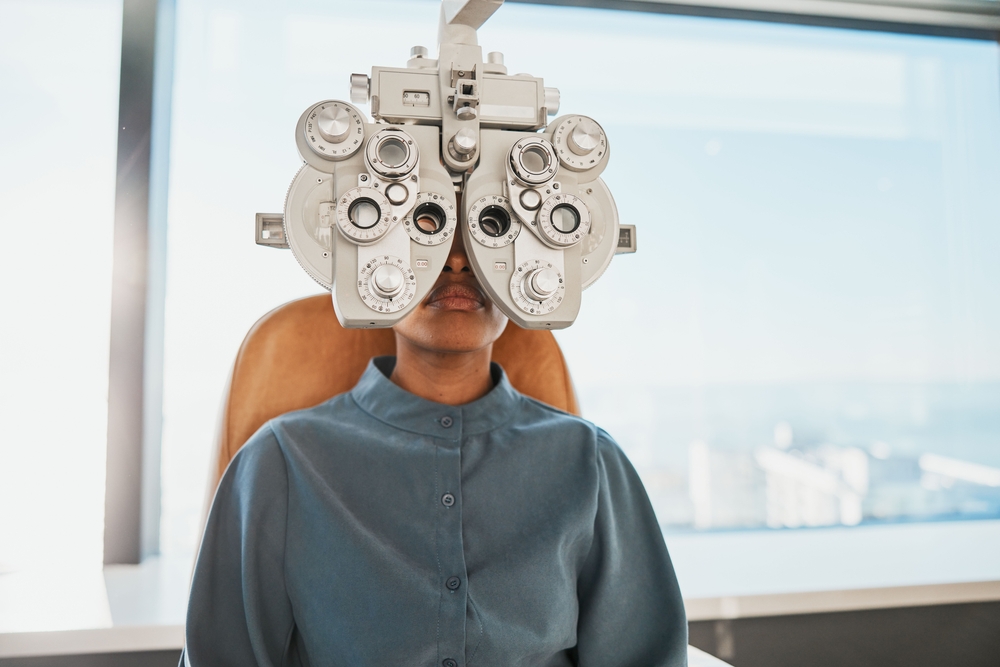
When it comes to achieving clear, comfortable vision, contact lenses can be a great alternative to glasses. However, not all lenses fit every eye the same way. That’s why scheduling a contact lens exam with our trusted eye doctors in Encino, CA is essential. These exams go beyond a standard vision check - they ensure your lenses fit properly, feel comfortable, and provide the sharpest possible vision.
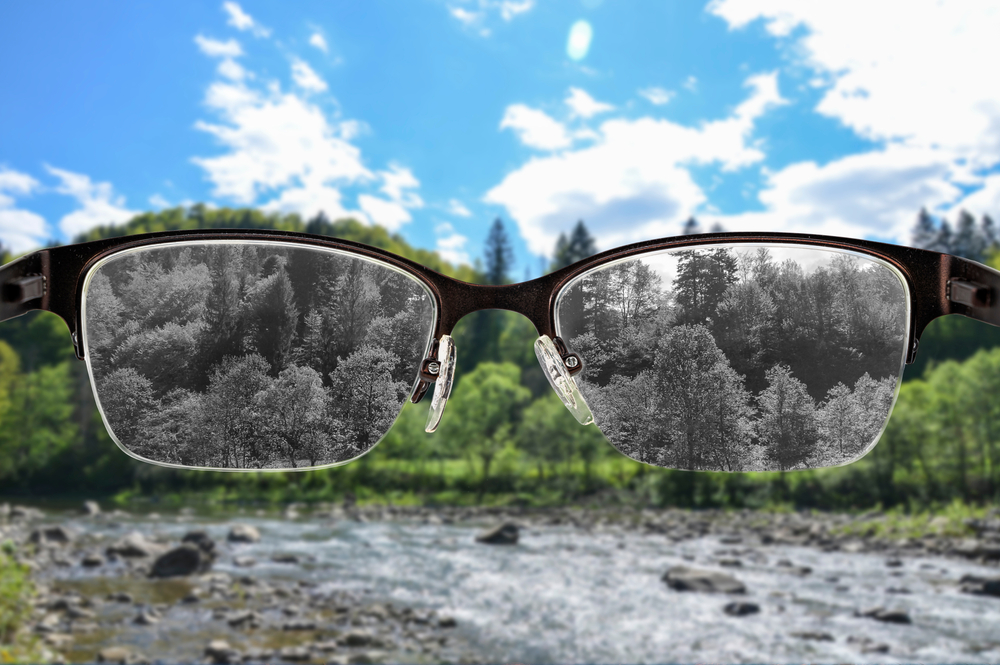
When it comes to how we see and interpret colors, even small differences in vision can make a big impact. Many people use the terms color deficiency and poor color vision interchangeably, but they don’t mean exactly the same thing. Understanding how they differ can help you recognize whether you may be experiencing one or the other and when it’s time to see your optometrist for evaluation.
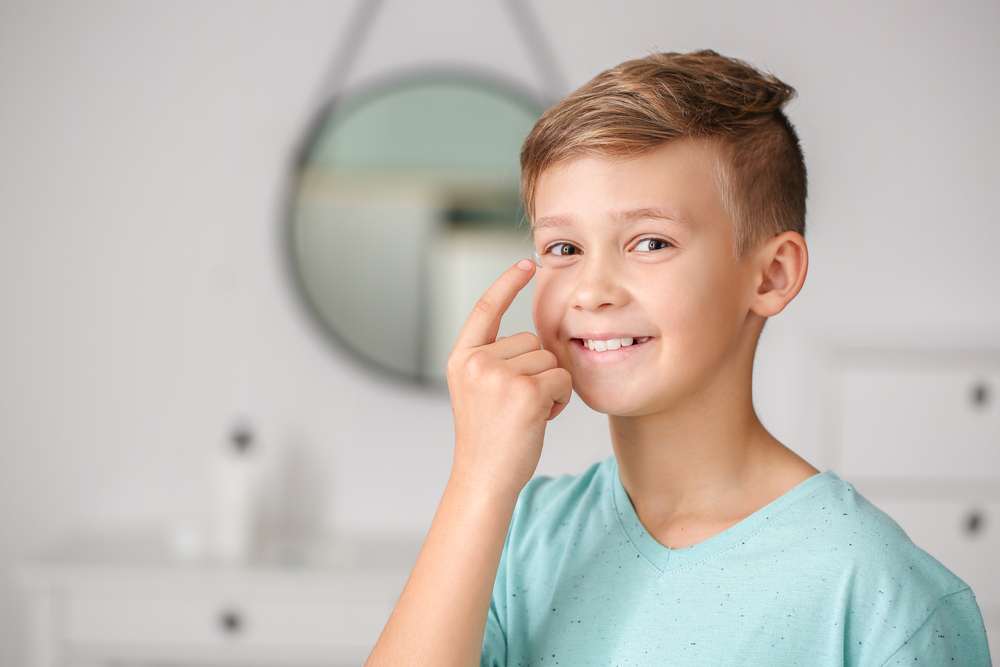
For many children, clear vision is the foundation for success in the classroom, on the sports field, and in social settings. When vision problems like myopia (nearsightedness) go untreated, kids may struggle with reading the board, participating in activities, or feeling confident around their peers. Orthokeratology, or Ortho-K, is an innovative solution that not only corrects vision but also supports long-term eye health through myopia management.
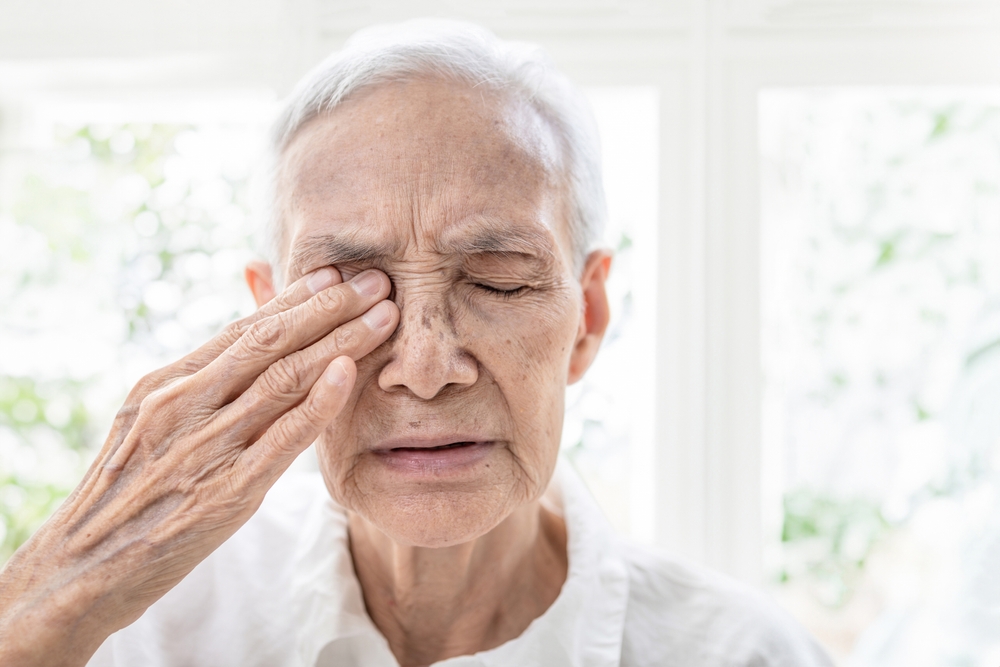
If you’ve been struggling with dry, irritated eyes that don’t seem to improve with artificial tears or over-the-counter remedies, TearCare may be the solution you’ve been searching for. This innovative treatment is designed to target meibomian gland dysfunction (MGD) by helping restore the natural oils that keep your tears stable and your eyes comfortable. If you’re considering TearCare, here’s what you can expect during the process.
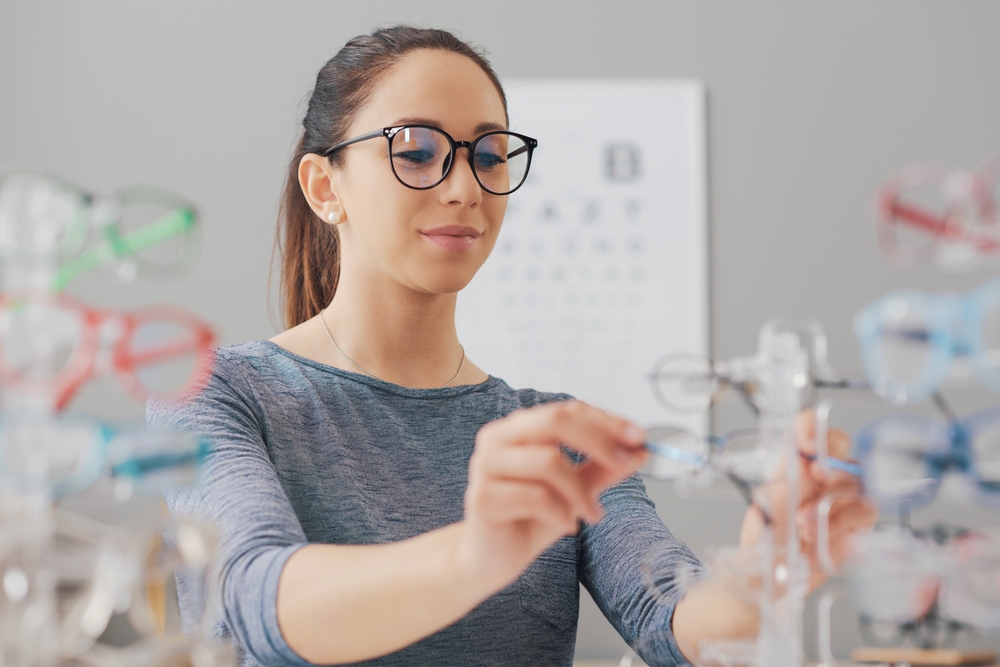
When it comes to choosing eyewear, many people focus on style or price, but the impact of your decision goes far beyond aesthetics. The right pair of glasses or sunglasses can improve not just your vision, but also your overall quality of life. At Woodley Optometry, we believe that selecting the right eyewear is a decision that deserves thoughtful attention.
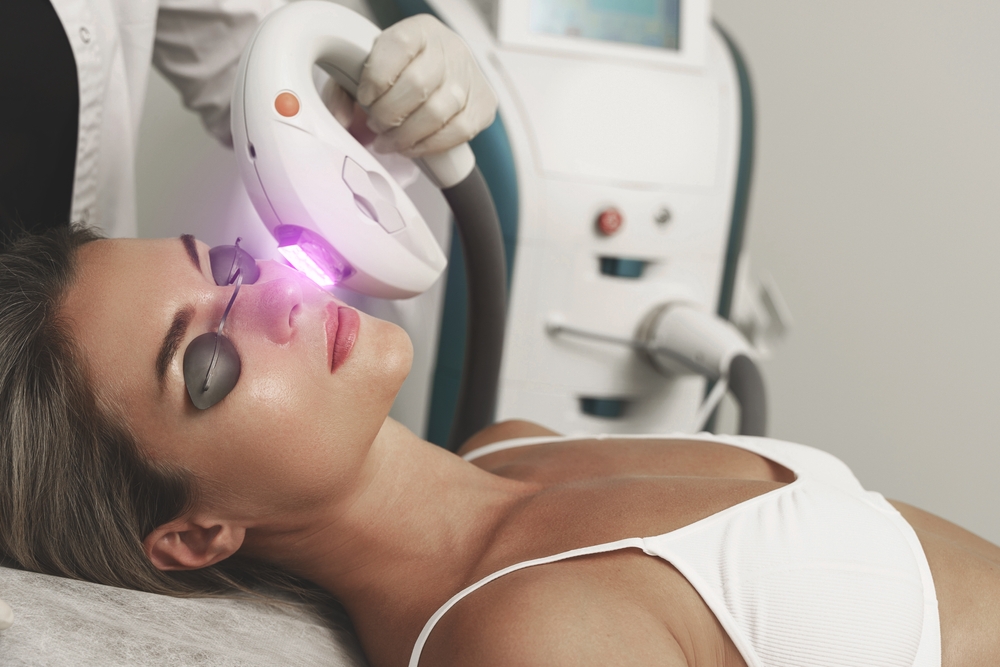
Low-Level Light Therapy (LLLT) is an advanced, non-invasive treatment that uses specific wavelengths of light to stimulate cellular activity and promote healing. In the field of eye care, LLLT has become an increasingly popular option for addressing a variety of ocular surface conditions.

When standard soft contact lenses just don’t deliver the comfort or clarity you need, specialty contact lenses may be the solution. Designed to address a range of unique eye conditions and vision needs, these lenses offer tailored vision correction for patients who have been told they’re “hard to fit” or have experienced discomfort with conventional lenses.

Dry eye disease can significantly impact your comfort, vision, and quality of life. In 2025, advanced treatment technologies are giving patients better relief than ever before. At Woodley Optometry, we’re proud to offer the most effective and cutting-edge solutions available to help you manage and treat dry eye.








